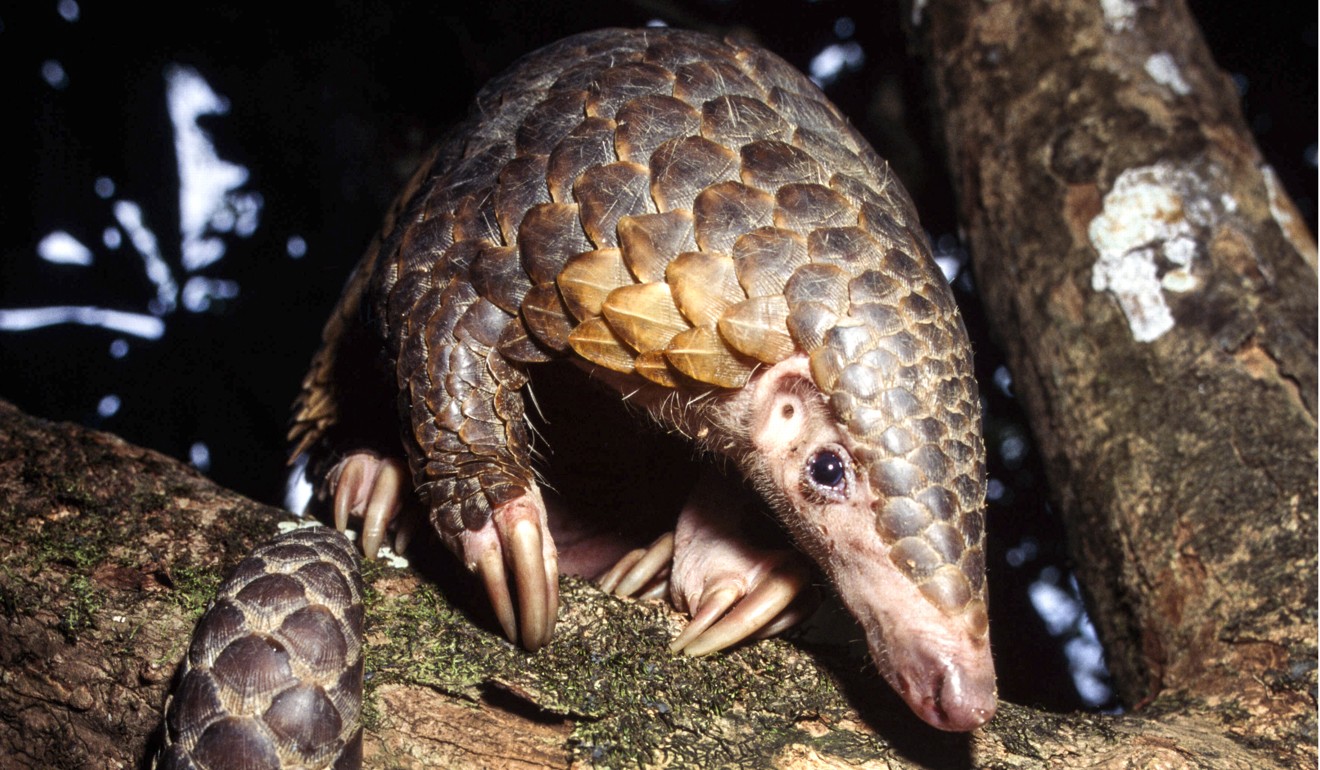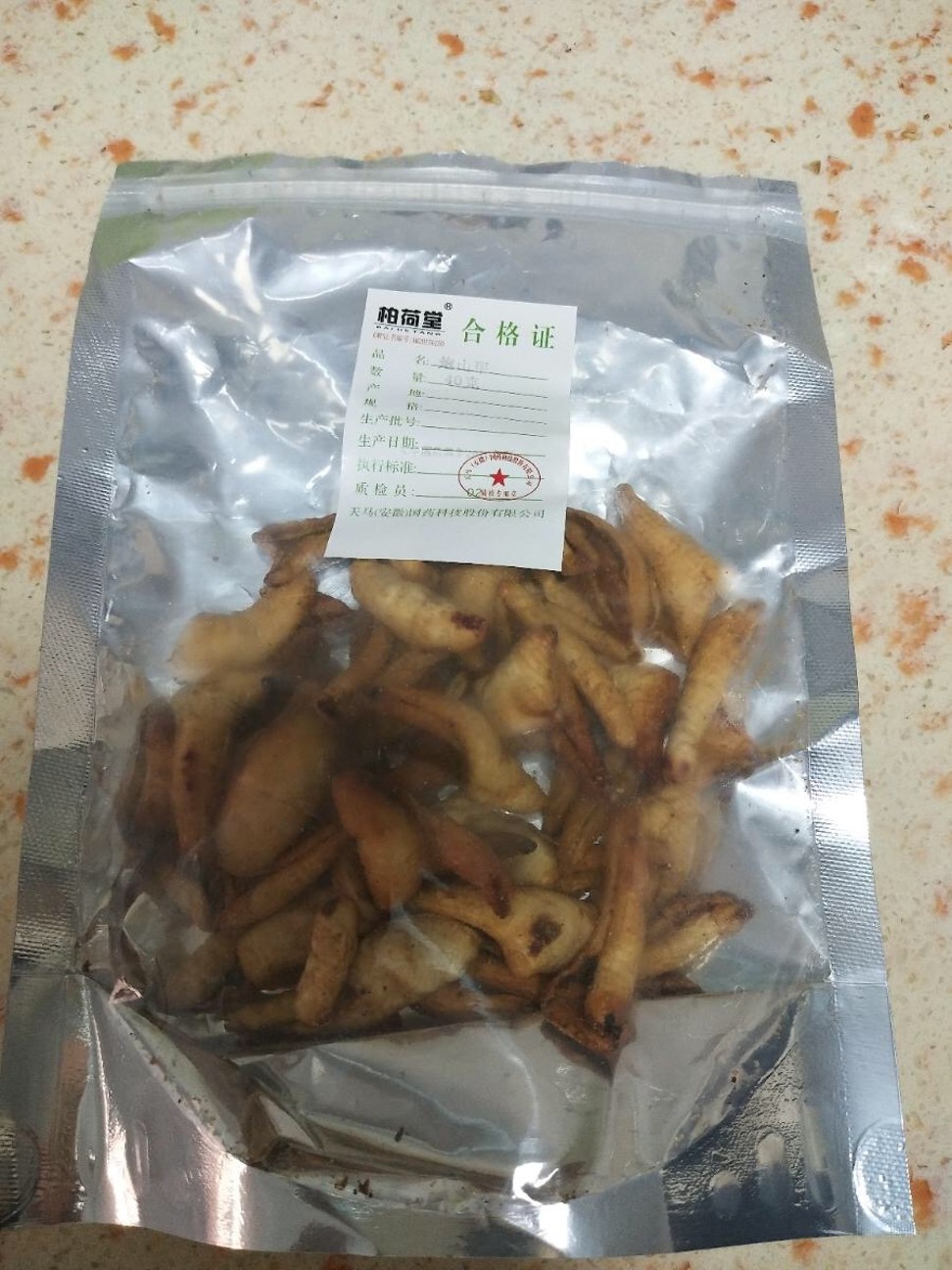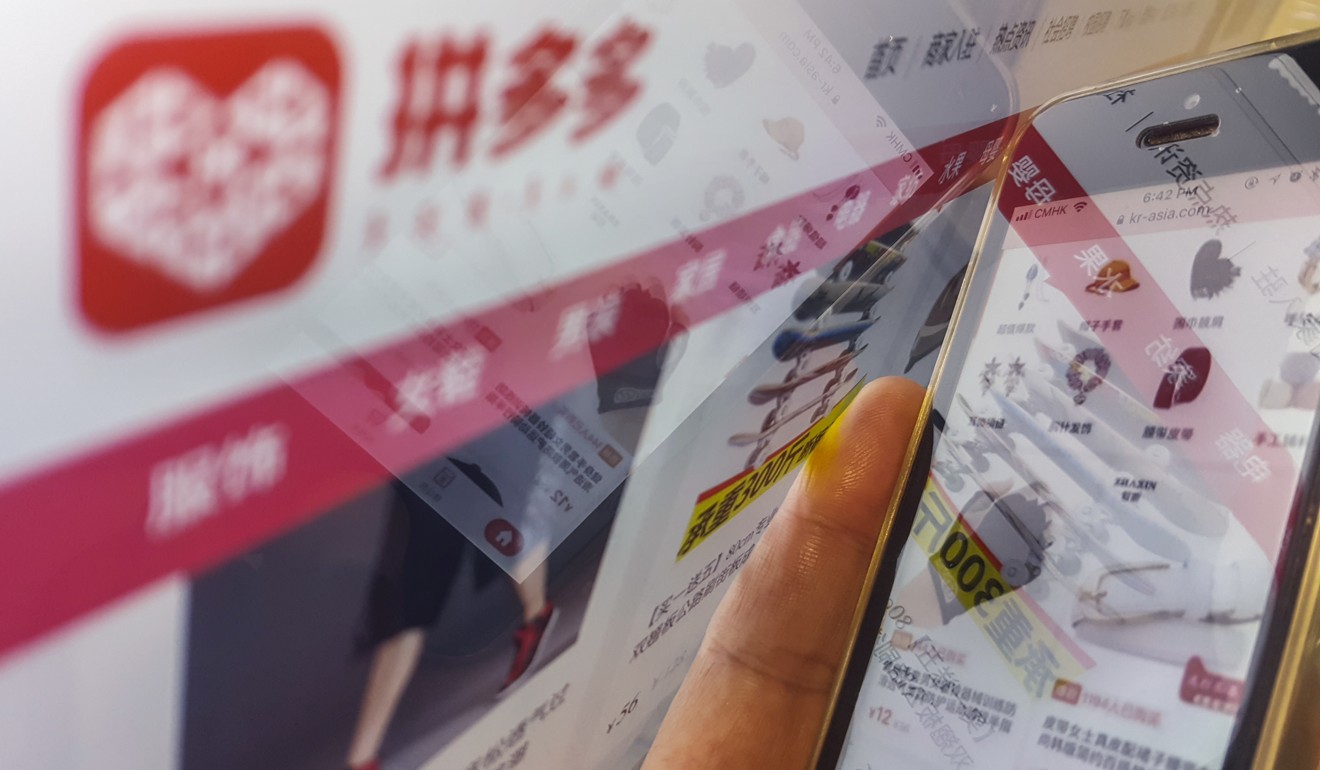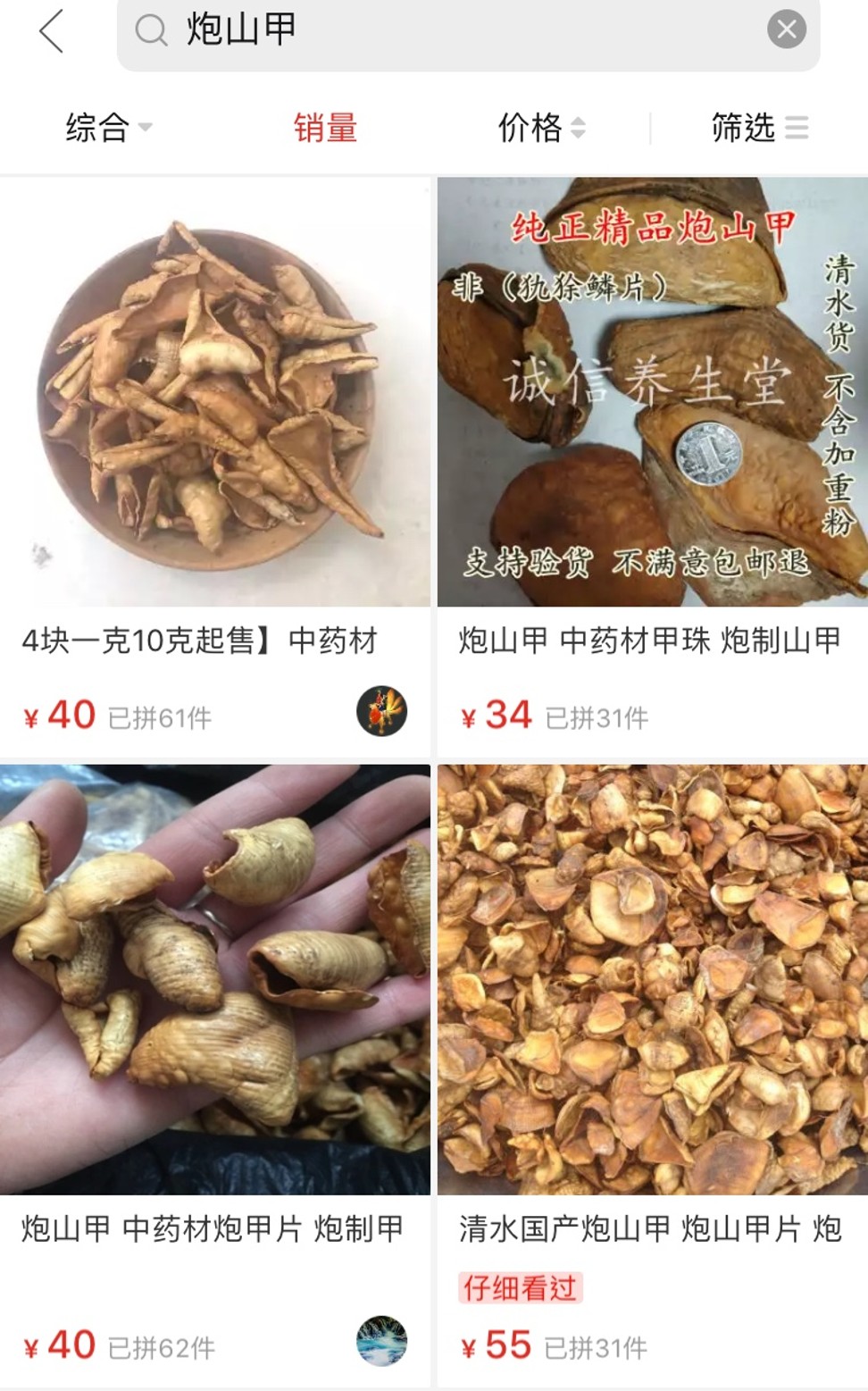
Scales of endangered pangolin found for sale on Chinese e-commerce platform Pinduoduo
Packages did not display special government labels required for legal products
At least a dozen online stores on Pinduoduo, the third-largest Chinese e-commerce platform recently listed in the United States, sold scales from globally endangered pangolins, the Post has found.

The Post reached Pinduoduo with the findings of scales that cover the world’s most trafficked mammal and are sold under the commonly used name paoshanjia – which in Chinese, means “processed pangolin scales”.
Pinduoduo confirmed the postings and said it had delisted related products. It said merchants were banned from selling endangered wildlife body parts, and would consider taking action including refunding ongoing or completed deals and notifying police if a crime was involved.
Pinduoduo added it had a team checking 24 hours for prohibited products. It said it would adopt a practice of “immediate interception, blocking and delisting”.
After receiving its reply, the Post found the keywords “pangolins” and “paoshanjia” had been directly blocked from showing any results. While all the products mentioning paoshanjia in their descriptions were delisted, there were still several shops selling pangolin scales using another name common in traditional Chinese medicine. The Post observed more than 200 pangolin scale deals had been transacted this year by more than a dozen shops on the platform, ranging in quantity from five to 500 grams per deal.
The revelation of the offerings came after the embattled company pledged in August to take action against the listing of counterfeit and low-quality goods on its platform.
Heavily poached for their meat, which is considered a delicacy, pangolins are also believed to have medicinal properties, and products derived from the animal are thought to reduce swelling and increase lactation and blood circulation.
According to the Post’s observation and undercover inquiries, none of the scales being sold online bore the government label or were specified to come from a legal source. Instead, the scales were packed in sealed freezer bags without any logo.
Buyers could choose from packages sold between 4 yuan (US$0.60) and 12 yuan per gram.

A merchant told the Post the scales could not be delivered directly to Hong Kong as local customs inspections were more stringent, adding that the city’s buyers could get the products in neighbouring Shenzhen.
While two sellers said the scales were from Yunnan and Anhui provinces, others refused to disclose the product’s origin. According to a quality certificate shown on one of the packages sold online, the supplier is linked to Tianma Sinopharm (Anhui) Technology Co, a traditional Chinese medicine manufacturer. The company is based in Bozhou, Anhui, which has the largest traditional Chinese medicine market in the world.
Seven tonnes of endangered pangolin scales seized
The two sellers eventually removed their products from the platform after receiving detailed inquiries from the Post.
An officer from the Anhui Forestry Department said that according to this year’s records, Tianma had not been granted a certificate to sell pangolin scales. A further review of previous records would be required, he added.
“Only a few companies have applied for the certificate, and it is not easy to get approval,” the officer said. “They need to confirm the scales are from legal sources. Fewer than 10 pharmaceutical companies were given approval in 2018, and Tianma was not among them.”
Tianma e-commerce department manager Cheng Xiujian told the Post the company did not sell processed pangolin scales because it was illegal. He suspected other companies were faking its quality certificates, which he claimed happened because its brand is well-known locally.
“There are no production dates or serial numbers,” he said after reviewing a photo sent by the Post showing samples with the company logo and name. “All our products have such information.

South China Normal University wildlife conservation specialist Wu Shibao, who had seen pictures of the products on Pinduoduo, said the longer and narrower scales were likely to be of an African species.
Only eight species of pangolins are found globally, in Asia and Africa, and all have been banned from international trading since 2016 due to rampant poaching. Pangolin smuggling from Africa has seen a significant rise after those found in Asia became critically endangered.
Chinese e-commerce platforms have become major channels for the sale of illegal wildlife products, according to a report in 2015 by Traffic, an NGO that operates a wildlife trade monitoring network.
A search with the same keywords on Alibaba’s Taobao and JD – two other major e-commerce platforms in China – did not call up any scales products. Alibaba owns the South China Morning Post.
In 2016, a report by Traffic found that most illegal pangolin scales sold at markets in China were from Southeast Asian countries and African countries.
More than a million pangolins are believed to have been poached and illegally traded globally over the past decade to satisfy demand from consumers in Asia, particularly in China.
In Hong Kong, customs seized 15.66 tonnes of pangolin scales in the first seven months of this year – almost double the total seized in 2017. Since 2014, more than 47 tonnes of smuggled pangolin scales have been confiscated in the city, with most shipments coming from African countries including Mozambique, Nigeria and Cameroon.
Chinese firm’s vice-president loses job after eating pangolin on holiday
Mainland Chinese life scientist Zhang Dayong, of Beijing Normal University, once estimated it would take 10,000 pangolins to satisfy the demand in China’s medicinal market every year.
Zhang said the main component of the scales is keratin, which can be found in fingernails and could easily be substituted from other sources.

Julian Newman, campaigns director of the London-based Environmental Investigation Agency, said the Chinese government needed to replicate the stringent approach it had taken on ivory.
“Ultimately a clear ban on the commercial sale of pangolins in China is needed to protect the species,” he said. “It could be introduced in phases such as a full audit of all stocks of pangolin products in the country.”

